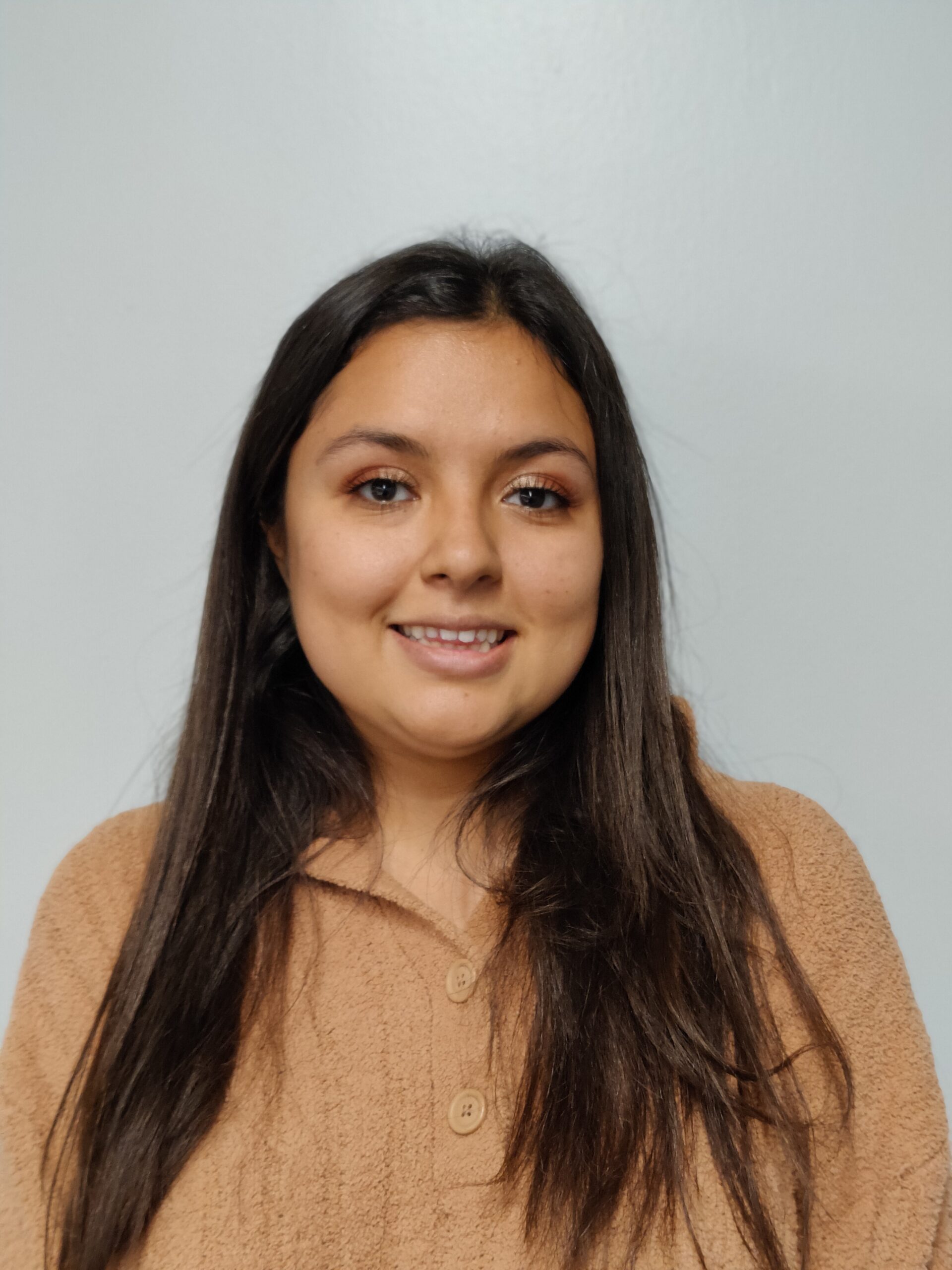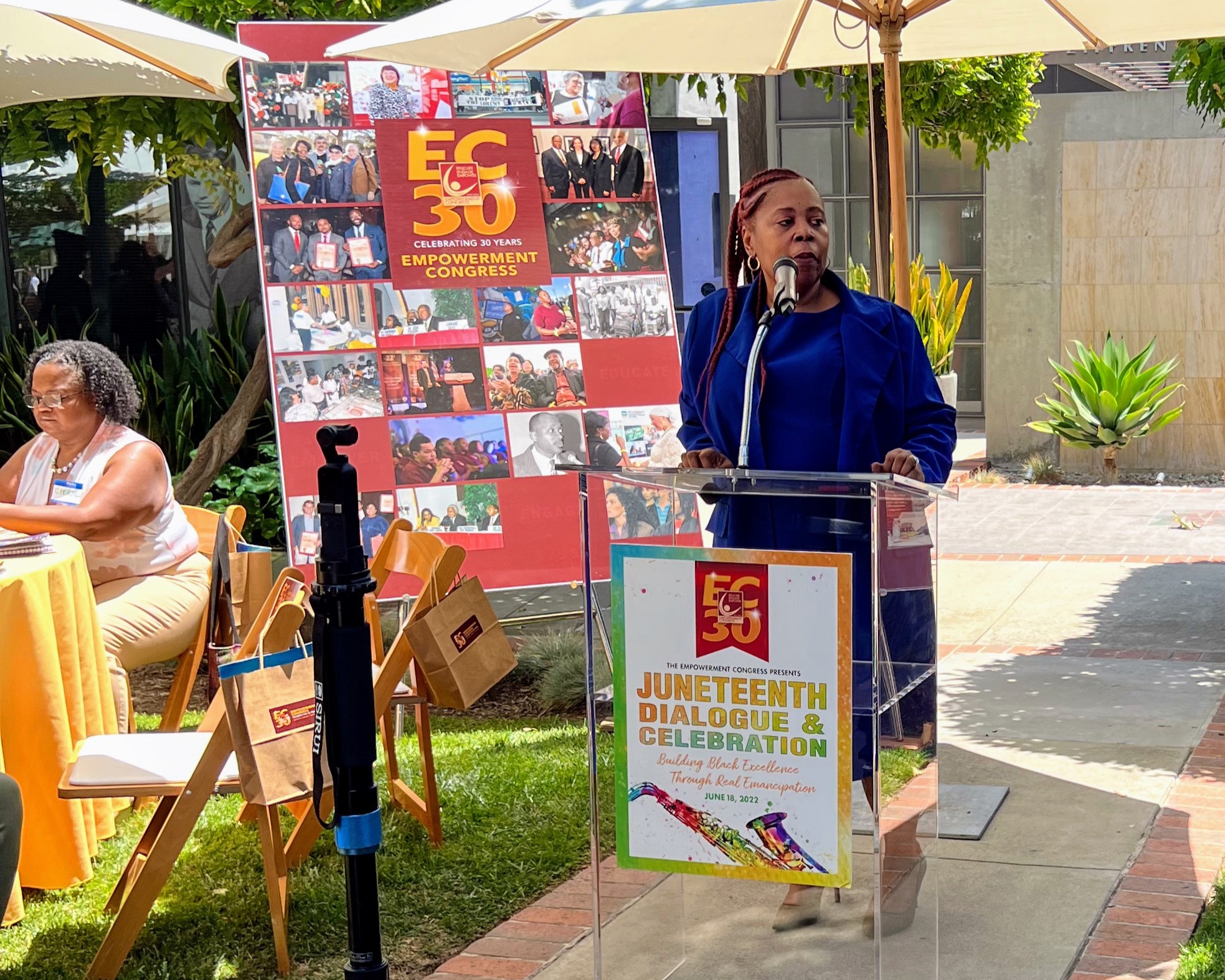After her time abroad, Katie Alvarez has become an advocate for the study abroad program. Photo courtesy of Katie Alvarez
By Daniel Rivera, Web Editor
Katie Alvarez, a CSUDH student majoring in marketing and minoring in advertising, traveled to South Korea in 2020 through the university’s study abroad program.
Like many others before her, Alvarez could not receive financial support from her family to fund her travels. “I am a student that has no financial support from my parents. One of them because they don’t want to and the second one, my mom is a single mom and she couldn’t afford to,” she said.
Because of this, she applied to the California State University International Program (CSUIP), which makes it affordable by allowing students to pay the homeschool tuition rather than the full tuition required at the international university they are attending. “The program was super competitive, I believe only 30 of us got in,” Alvarez said.
Alvarez said that studying abroad has positively impacted her life and caused her to change the direction of her career.
During her year in South Korea, she attended Yonsei University, learning alongside Korean students and absorbing the culture. She studied mostly English, along with her major courses, went to some concerts and did some volunteer work. She also made friends and learned how to be independent, but often struggled with self-doubt.
“When I was feeling lonely, I was like, ‘why am I feeling like this? I’m doing so good,’ then the imposter syndrome came in,” she explained.
Her time abroad changed her perspective and helped her overcome her imposter syndrome. “Friendships have no languages, so some of my best friends don’t speak the best English and obviously, I’m not fluent in Korean,” she said.
She began to talk about how her life has changed because of studying abroad. This combined with the culture shock made her learn about herself and made her change old habits like being a picky eater, “ I learned how to be super independent.”
South Korea wasn’t what came to mind at first when she thought about going abroad. It began with Europe, but over time she began to think more about going to Asia. One of the reasons she wanted to go was her love of Korean pop music which would eventually evolve into a broader appreciation of Korean music, “I do [listen to] K-pop… when I was there, I realized that I actually listen to less and less K-pop but I would listen to more… [Korean] R&B and hip hop.”
This experience was made possible in great part due to the various scholarships for the exchange program. She earned several scholarships including the ‘Freeman Asia scholarship’ that amounted to about $16,000.
For those interested in studying abroad, but are worried about funding, Alvarez advises that they apply for scholarships. “So there are scholarships, I am the biggest advocate for the scholarships,” she said. “Have three main essays, and use those three essays to apply for all scholarships.”
Alvarez said most scholarships mainly ask these three questions: What is the hardest thing you’ve done in your life? What’s your biggest accomplishment? What do you want to do in life?
She stressed to fellow students that they are not alone and that they can find the resources and support they need if they want to study abroad. To students who might be considering going abroad, she encourages it because it is an opportunity to learn about yourself through exposure to a new culture and learn how to be independent.
The study abroad advisor Racheal Wangui explained the various financial plans someone can use, “We have programs that provide study abroad opportunities in usually… four different levels.”
These four levels include the CSU international program which provides semester-long and year-long programs, faculty-led programs and exchange programs. There are also programs brought in by organizations outside of CSUDH. All of these can be paid in part by financial aid, except for the programs from the providers which have to be paid for out of pocket or through scholarships.
Wangui said that it’s the finances that are the primary barrier to entry for many students while also explaining one of the most affordable programs in study abroad, the exchange programs, which still necessitates students to pay for food, board, travel and insurance.
She pushed for those interested in the study abroad program to apply for scholarships so that they may take advantage of what Wangui calls “high impact courses,” which is essentially a program or course meant to have a large impact on a student’s life.
Wangui explained how COVID-19 has impacted attendance for the study abroad program. “You’re used to your life in lockdown for almost two years, you have started on Zoom and now you have to be reintroduced again to go into classes, taking classes in person,” she said.
She went on to talk about how now the various bans and restrictions have been loosened, the study abroad program started up again only slowly as the countries lift restrictions at different rates.
Both Alvarez and Sangui push for this program because they think it will positively impact students and that there are ways to access these programs for people in all financial situations.



